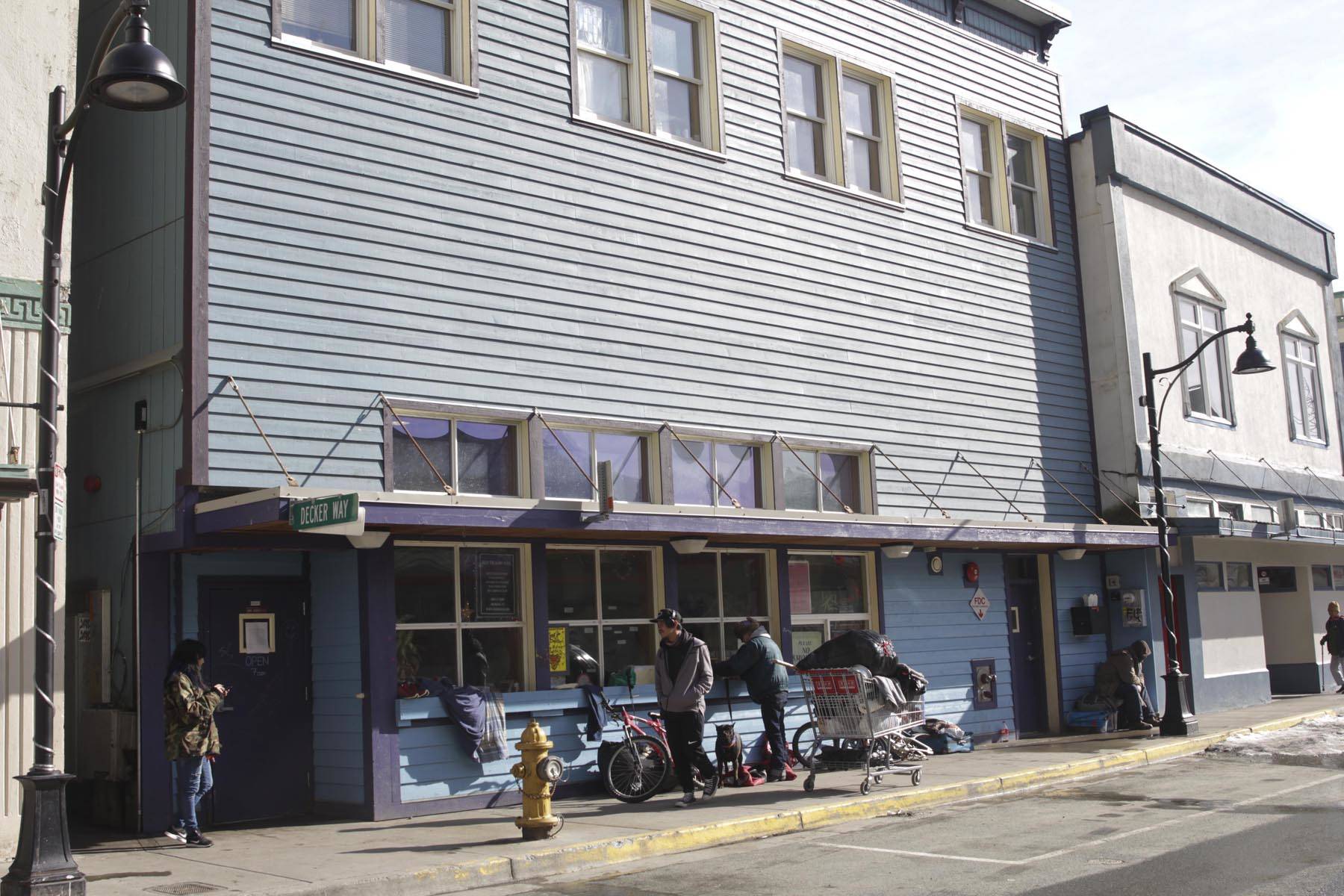As funding through the federal CARES Act becomes available, a few people have an idea for how it could be used to feed Juneau’s food-insecure population.
Larry Cotter, long affiliated with the fishery industry, modeled his proposal after similar programs in the Lower 48, including the Seafood for Heroes program, which works with seafood restaurants to provide meals for medical and emergency personnel.
“That’s how this came to be,” Cotter said in a phone interview. “It’s following the same concept, except in Juneau, we have a very defined need.”
Cotter’s plan, which would be administered by the United Way Foundation of Alaska, is to work with local restaurants to provide food for organizations like the Glory Hall, AWARE, and Juneau’s other food-insecure residents, beginning on July 1 and running out through the end date for CARES Act funds on Dec. 31.
“I think the tendency in Juneau is to look at this project as a social project,” Cotter said. “Not a penny in this project goes to an agency staff. It all goes to local businesses.”
This would alleviate pressure on volunteers and employees with the other organizations to prepare and serve food while simultaneously giving an economic shot in the arm to local restaurants, Cotter said.
“Right now, the Glory Hall does not have the space to serve food. We can fit 23 people on the first and second floor,” said Mariya Lovishchuk, executive director of the Glory Hall, in a phone interview. “We can’t go on like this. The Cares project that Larry and the Economic Stabilization Task Force proposed is a godsend. It’s our only hope for figuring out how to provide meals for people.”
Traveler tested at airport tests positive for COVID-19
Lovishchuk said that similar programs were proving effective in places like San Francisco, where $2.5 million dollars was able to provide 250,000 meals.
“It’s working in San Francisco. It’s going very well there,” Lovishchuk said. “People need a place to sit and eat, especially as the weather gets worse here. I’m so grateful to Larry and the Economic Stabilization Task Force. “
The plan is a win-win-win, Cotter says.
“They (the city) benefit in a lot of indirect ways,” Cotter said. “Community hunger isn’t good and this begins to set the table to address this. Employees at the Glory Hall need to be engaged and working with their client base instead of cooking meals.”
Cotter is currently engaged in the process of getting the proposal to the Assembly, with a finished request for proposal expected by Friday so stakeholders can provide their input.
The proposal includes pricing, both by meal, and per week, for a range of individual meal costs and how many people need feeding. At the low end, feeding 175 people two $5 meals, would cost $318,500. At the other end of the spectrum, feeding 300 people two $10 meals a day, the cost incurred could be more than $1 million.
State shares results of Juneau air quality study
Organizations like the Glory Hall and AWARE would contribute their food budget for the remainder of the year under this proposal, Cotter said. However, he said their contribution, along with support from the Juneau Community Foundation, isn’t likely to exceed $100,000. CARES Act funds would make up the rest.
“What we’re encouraging is food service providers to band together if possible and create some sort of confab so lots of people get to play,” Cotter said. “It’s going to be 200 meals at least in the beginning. I expect it to get worse. That’s a lot of meals for everyone.”
Cotter says that the cost of the meals will depend on the serving venues and the assets they have at their disposal.
“I think people can get creative and make this work. One of the big questions is, do meals need to be individually prepared or can they be served family style?” Cotter asked. “Obviously if it’s family style, the cost is lower, but with social distancing, I don’t know if that’s practical.”
Cotter said as much as he thinks this program will be good for the businesses preparing the food, it’s also going to be a hedge against what he perceives will be a growing need as the economy of the Southeast continues to take it in the kneecaps.
“The city benefits because businesses are going to be selling more meals, which the economy desperately needs,” Cotter said. “We face a looming crisis that we may not be fully aware that we face yet.”
• Contact reporter Michael S. Lockett at 757.621.1197 or mlockett@juneauempire.com.

